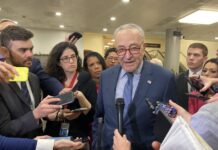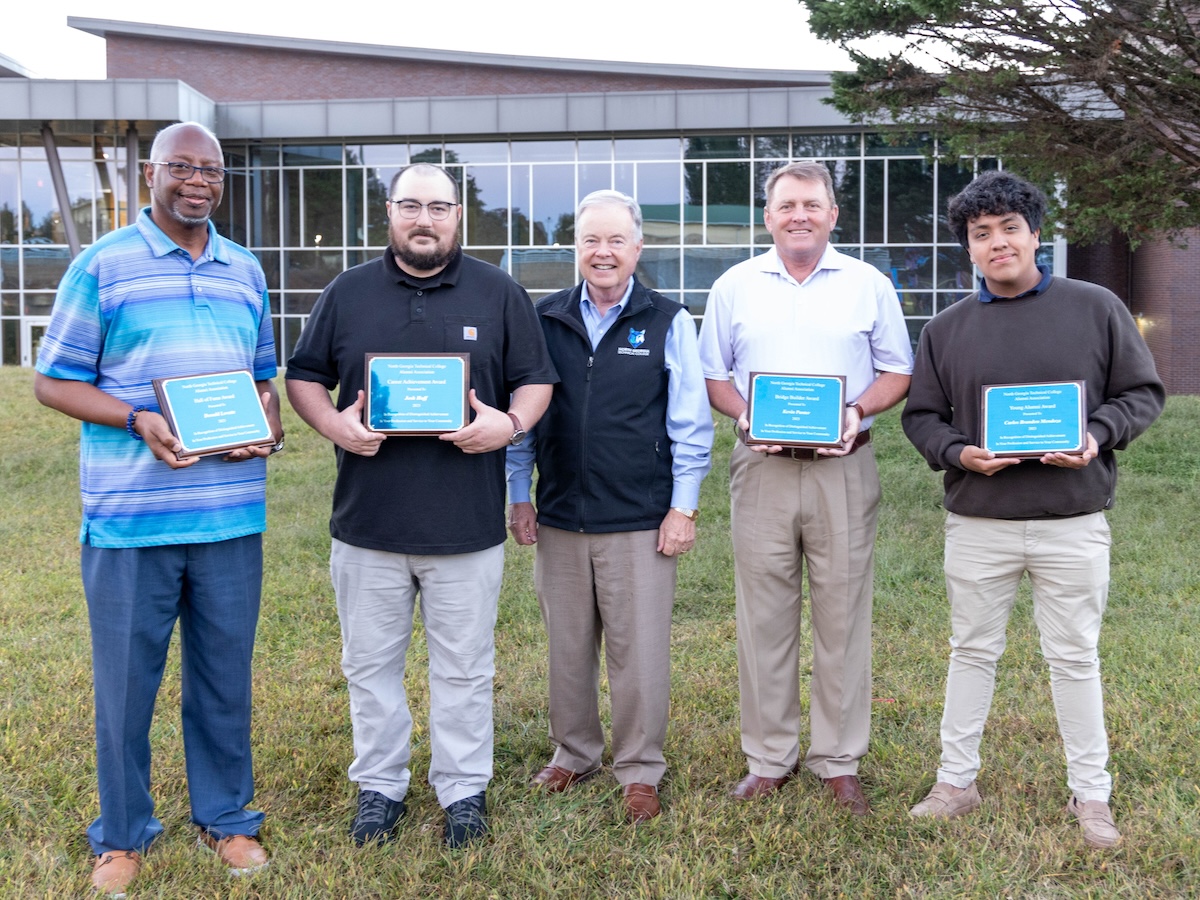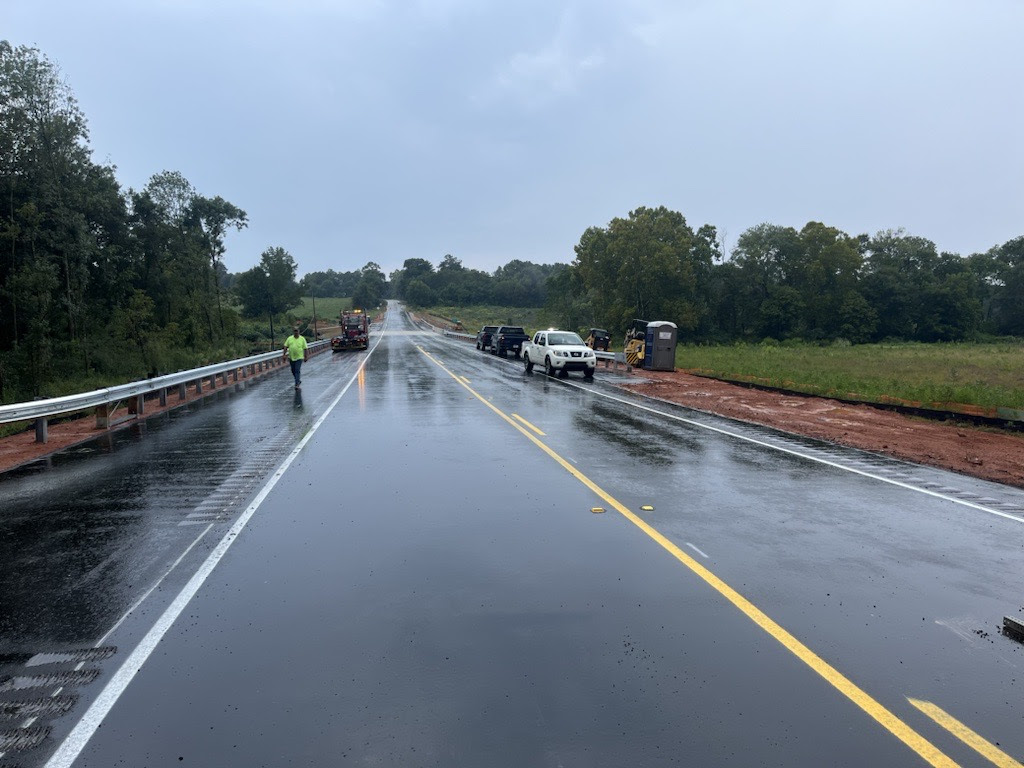
(GA Recorder) — The U.S. Supreme Court’s conservative majority appeared unconvinced Friday of the Biden administration’s authority to impose a vaccine-or-test mandate on private businesses, casting doubt on a key piece of the White House COVID-19 response.
The justices seemed potentially more comfortable with another Biden administration rule to fight the virus that requires certain health care workers be vaccinated against COVID-19, with no options for testing.
The court’s six conservative members during a two-hour special hearing on Friday on the workplace rule questioned the Occupational Safety and Health Administration’s authority to impose an emergency vaccine rule on employers of more than 100 workers.
States have asked the court to pause the OSHA rule’s implementation, scheduled for Monday. The justices could issue a ruling as soon as this weekend.
Under the proposed Biden administration rule, those businesses either must have their entire workforce vaccinated against COVID-19 or require unvaccinated employees to test regularly and wear masks on the job.
The conservative justices characterized the emergency standard as a broader public health measure than OSHA has previously imposed and argued that Congress has had sufficient time to impose such a mandate if it wanted.
Chief Justice John Roberts said the OSHA mandate and a separate but similar one by the Centers for Medicare and Medicaid Services that requires health care workers in facilities receiving federal funding be vaccinated — which was challenged by states in another unusually long argument following the OSHA case — were part of an administration-wide program.
That approach undercut the government’s case that each agency was working within its particular authority, he said.
“As more and more agencies come into place, it’s a little hard to accept the idea that it is particularized to this thing,” Roberts told U.S. Solicitor General Elizabeth Prelogar, the administration’s chief lawyer.
“It seems to me that the government is trying to work across the waterfront and it’s just going agency by agency. This has been referred to as a workaround, and I’m wondering what it is you’re trying to work around.”
Justice Neil M. Gorsuch asked why the issue was not best answered by “the people’s representatives in the states and the halls of Congress” instead of an emergency order by OSHA.
“Congress has had a year to act on the question of vaccine mandates already,” he said.
Roberts, Gorsuch and Justice Samuel Alito said the OSHA rule was “unprecedented.”
Benjamin Flowers, the Ohio solicitor general who argued the case for a group of Republican-led states that are challenging the OSHA mandate, said on such an important policy, Congress — not an executive branch agency — should be involved, even during an emergency.
“When there’s an emergency, it’s especially important that it be a considered, thoughtful process,” he said.
The court’s three liberal members — Justices Stephen Breyer, Elena Kagan and Sonia Sotomayor — defended both the OSHA rule and the health care workers mandate.
The court could only strike down the OSHA rule before it takes effect Monday if it would be in the public interest to do so, Breyer said.
With nearly 750,000 new cases Thursday — about 10 times the number when OSHA wrote the rule — and hospitals filled with unvaccinated people, Breyer said states would not be acting in the public interest.
“I would find it unbelievable that it would be in the public interest to suddenly stop these vaccinations,” he said.
Kagan said vaccinations have been shown to be the best way to prevent COVID-19, with masking the second-best. The federal law creating OSHA permits the agency to take necessary emergency measures to protect workers’ health.
“Why isn’t that necessary? What else should be done?” Kagan asked. “It’s obviously the policy that gears to preventing most sickness and death. And the agency has done everything but stand on its head to show quite clearly that no other policy will prevent sickness and death anywhere like this one will.”
Scott Keller, an attorney for the National Federation of Independent Business, which is challenging the mandate, said the requirement would lead workers to quit their jobs.
But waves of sick workers who cannot report to their jobs would also be disruptive, Sotomayor said.
The states challenging the workplace mandate include Ohio, Tennessee, Idaho, Kansas, Missouri, Montana, Arizona, New Hampshire, Florida, Georgia, Iowa and Louisiana.
Health care workers case
The court also heard arguments on the case challenging the related CMS requirement that certain health care workers be vaccinated against COVID-19.
Louisiana Solicitor General Elizabeth Murrill and Missouri Deputy Solicitor General Jesus A. Osete argued for the states challenging that mandate. Montana, Georgia, Arizona, Idaho, Iowa and New Hampshire are also part of the challenge.
Roberts appeared to possibly give more leeway to the Department of Health and Human Services, the parent agency to CMS, to impose rules on facilities that receive federal health funding.
Similar rules mandate where hand sanitizer must be or how high beds must be, Sotomayor said.
“I’m not saying that there’s not some limit there,” Roberts said. “But I don’t know why a provision addressing an infectious disease of this scope is beyond the secretary’s determination that the mandate at issue here is necessary.”
Murrill said the federal government is required to consult states on such major policies because of the major effect on health care.
“I cannot (underscore) enough the impact on states and their provider networks,” she said.
In a statement, White House press secretary Jen Psaki said that unvaccinated people remain at high risk of serious consequences from COVID-19 and that the policies before the court were important pieces of the government’s response.
“Unvaccinated Americans continue to face a real threat of severe illness and death — including from Omicron,” she said.
“The OSHA rule ensures that employers are protecting their employees by encouraging workers to get vaccinated and requiring unvaccinated workers to mask and test. The CMS healthcare rule protects vulnerable patients by requiring that covered healthcare providers get vaccinated. The need and the urgency for these policies is greater than ever, and we are confident in the legal authority for both policies.”
Flowers and Murrill argued remotely instead of in person because of recent positive COVID-19 tests, Reuters reported Friday.
A spokesman for the Ohio Attorney General’s office confirmed Flowers tested positive Thursday. He first tested positive late last month and has since fully recovered, but the court-required test still detected the virus Thursday, the spokesman said.
Representatives for the Louisiana Attorney General’s office did not immediately return a message seeking confirmation.







